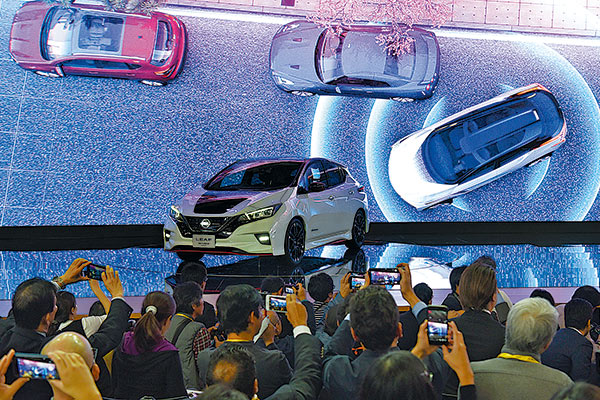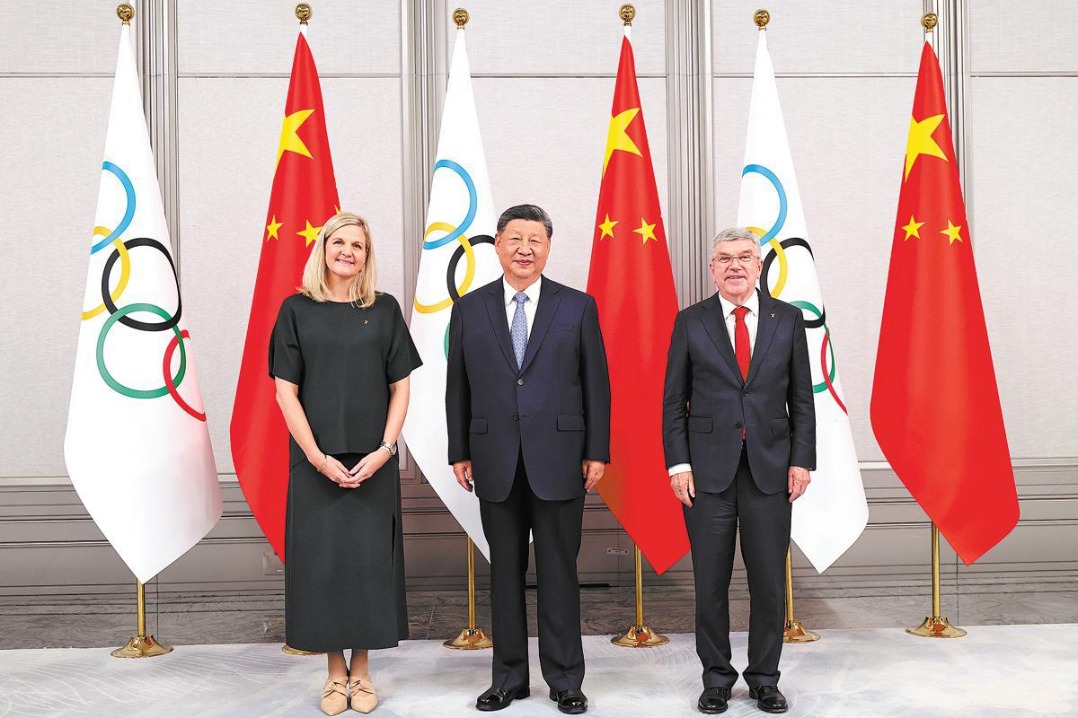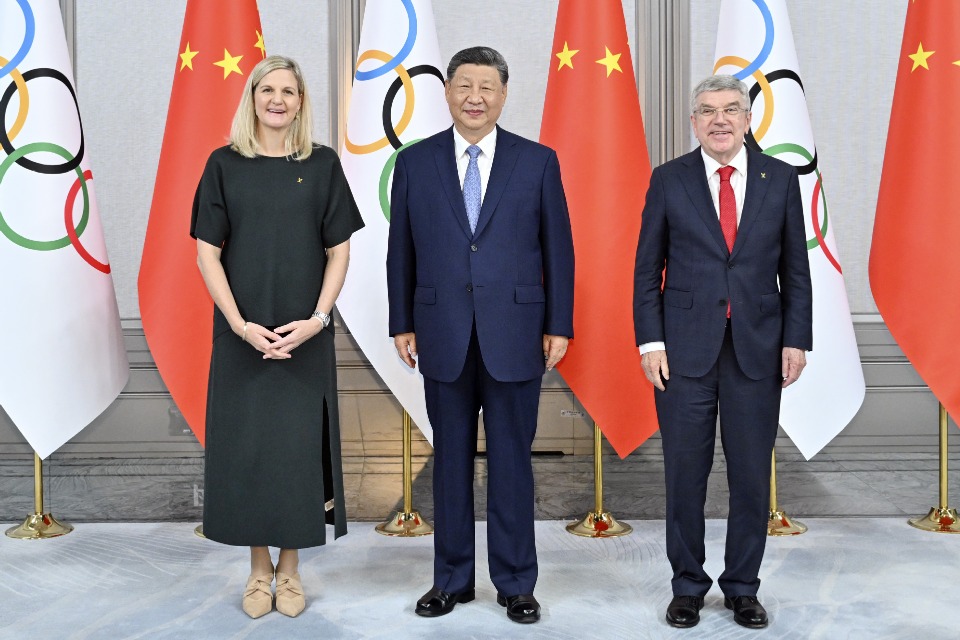Bows of CEOs betray the troubles facing Japanese firms


Executives of big Japanese corporations have been seen bowing deeply at press conferences in recent years-apologizing, in Japanese style, for the misconducts of their companies.
Such scenes can be seen at more frequent intervals nowadays given the high number of corporate scandals in Japan, from faulty air bags to falsified product data, from inflated booking to flawed inspections. Household names with tarnished reputation include Kobe Steel, Mitsubishi Material, Nissan, Toray and Olympus.
To express remorse, the bosses of the scandal-ridden companies put their hands by their side and bow at a 45-degree angle, with their face looking directly at the floor. It must be 45 degrees, as a 35-degree bow stands for greeting.
Bow, or ojigi in Japanese, does not simply mean contrition. Japanese people bend forward for many purposes, from saying "hello" to "goodbye" and, of course, "sorry". The deeper the bow the more respect and submission it conveys. A quick, informal bow involves bending to about 15 degrees, called eshaku. A more formal bow requires a man to bend his torso to a 30-degree angle, known as keirei. The deepest bow means bending to 45 or more acute degree, called saikeirei, while looking at your shoes. The longer you hold a bow the more respect you show.
Corporate bows are usually held for around 10 to 15 seconds. When the former CEO of Mitsubishi Motors Corp apologized for the two-decade product defects, he bowed for a full minute. The Sony executive bowed for just seven seconds.
The most extreme bow is grovel, or dogeza, which has a deeper meaning, deeper than saikeirei. If someone has committed a fatal mistake, he or she performs the kneeling bow with the head to the ground. Japanese people performed it in ancient times to show their respect for the emperor. On Aug 15, 1945, people prostrated outside the Imperial Palace in Tokyo as they listened to Emperor Hirohito broadcast the news of Japan's surrender in World War II.
In 1996, a Japanese pharmaceutical company admitted that several hemophiliacs had contracted HIV from its contaminated blood products, and one victim's family complained that the company's contrition didn't come from the heart. Within moments, the companies' six top executives silently fell to their knees before the families, lowering their foreheads to the floor.
Bowing is so important in Japan that parents start teaching their children how to bow shortly after they start walking, and some schools organize enormous assemblies where pre-teens spend hours bowing in unison to master the different postures. School kids stand and bow when their teacher enters the classroom.
Even at many supermarkets, cashiers will give a slight bow when handing over the change. And at many shops, salespersons will bow after customers make a purchase.
At the end of their matches, Japanese soccer and baseball teams always bow to their fans on the field. In 2014, the baseball team of Shoyo High School in Noshiro city of Akita prefecture went to the extreme to show their gratitude. After the team was beaten and lost the chance to appear in the national tournament, all players lined up outside the stadium for almost an hour in rain to see off their fans, saying "Thank you" and bowing to every car.
On Tuesday, several officials of West Japan Railway Co joined the legion of Japan's high-ranking apologizers, bending forward to cameras to apologize for a crack and oil leak in the undercarriage of a running Shinkansen bullet train, the first "serious incident" involving a Japanese high-speed train.
The ritualistic nature of apology has prompted some to question the sincerity of the act. But the fact that such a large number of business heavyweights have bent their bodies in recent years betrays the problems in Japan's manufacturing industry and the trust they have lost.
The author is China Daily Tokyo bureau chief. caihong@chinadaily.com.cn


































